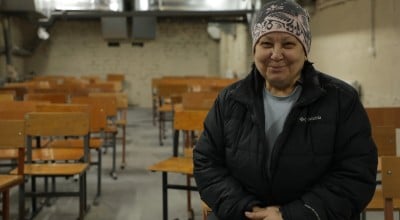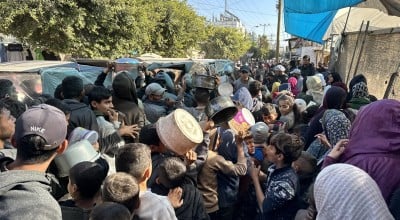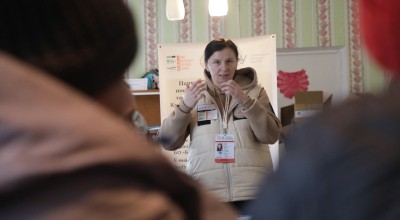
Read our 2024 annual report

Knowledge Hub
Humanitarian aid comes in all shapes and sizes. In-kind assistance such as food distributions or the provision of shelter kits are generally associated with humanitarian aid.
What is psychosocial support?
However, there is much more to development programmes and emergency response than meets the eye. For example, psychosocial support.
Psychosocial support is a lesser-known but equally vital element of many of our programmes, particularly in conflict-afflicted regions. It includes any support that people receive to protect or promote their mental health and psychosocial wellbeing.
In Ukraine, Concern has joined two humanitarian organisations to operate the Joint Emergency Response in Ukraine (JERU). This programme includes the more typical emergency response aspects such as cash assistance and the distribution of food and hygiene kits; however, it also has a protection component consisting mainly of psychosocial support (PSS).
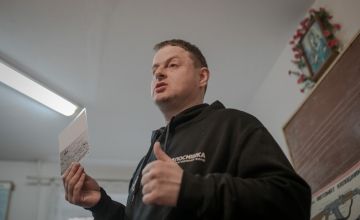
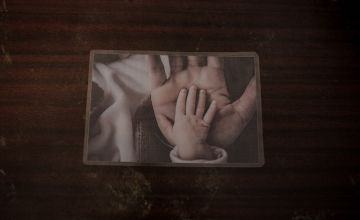
The PSS elements include group activities for adults and children, including awareness-raising sessions and experience-sharing groups. Each group has around six to eight sessions, with two sessions per week, and can include activities such as story sharing, meditation and breath work, and resilience building exercises. Crucially, they offer a safe space for people to be vulnerable and open up about their experiences with people who truly understand.
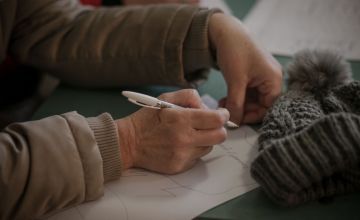
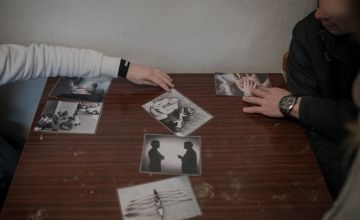
There are also psychologists in our PSS teams who provide solution-focused counselling and refer people in need to relevant health organisations or INGOs providing health services.
Petro* and Anastasiya*
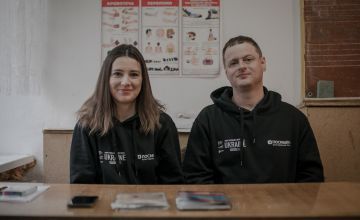
Petro and Anastasiya are psychologists who have both been internally displaced due to the conflict in Ukraine. They run PSS sessions for other Internally Displaced Persons (IDPs) in Ternopil. Petro and Anastasiya have been psychologists for six and 10 years respectively.
Petro explains that here, they are predominantly dealing with post traumatic stress disorder (PTSD): “We are trying to utilise all our rational and creative potential to improve the lives of individuals who are going through hardships.”
Why is psychosocial support so valuable in conflict-affected areas?
The impact is very important because you can see how much people are traumatised and are vulnerable.
As of November 2022, there are 11.5 million people in need of protection assistance in Ukraine. The most frequently reported protection risks include, but are not limited to:
-
exposure to shelling and armed violence
-
family separation
-
the absence of identity documents
-
lack of freedom of movement.
People exposed to such extreme degrees of loss, grief and trauma – as is characteristic of conflict-affected countries – need a safe space to express their emotions, and receive help in identifying, understanding and managing them. Along with food insecurity, access to healthcare and inadequate shelter, the most pressing needs in Ukraine currently include mental health and psychosocial support services.
Kateryna*
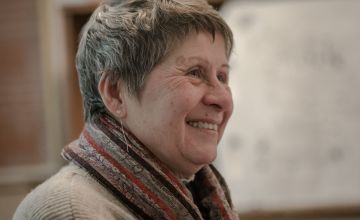
Kateryna has been an IDP for nine months. She left her hometown with her daughter in March 2022, after spending three weeks in a region frequently shelled and bombarded.
Kateryna explains: “At the beginning we were in a frozen state, we were literally scared of any knock.” She adds: “Once, I got scared because the garbage disposal truck was collecting garbage. My daughter had to calm me down.”
Kateryna has attended four group PSS sessions so far, and has found them useful: “It helps that you can cry and speak out.
“It is interaction with people who have suffered and faced the same circumstances as I did. When you speak out, they understand what you mean. A person who reads about the conflict – they define it as a story – but these people have heard the humming of the aircraft taking off or before the bombardment. When we discuss this, we understand what other people mean. The people who are here survived this. They can cry, I can cry.”
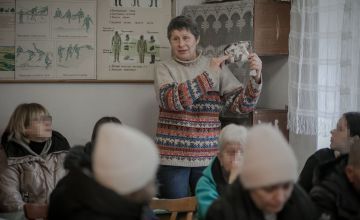
Our psychosocial support has reached many vulnerable people and can continue thanks to support from our generous donors.
Anastasiya adds: “Owing to the JERU psychosocial support programme, because we are dealing with people who lost some parts of their lives, they kind of have a broken heart. This project is directed at healing their wounds and rehabilitating what they have lost. It is showing them that there is still light at the end of the tunnel so they have some hope for the future.”
Other ways to help
Corporate support
Is your company interested in working together for a common cause?
Fundraise for Concern
From mountain trekking to marathon running, cake sales to table quizzes, there are lots of ways you can support our work.
Buy a gift
With an extensive range of alternative gifts, we have something to suit everybody.
Leave a gift in your will
Leave the world a better place with a life-changing legacy.
Volunteer with Concern
The lots of ways to get involved with our work as a volunteer
School fundraising
Without the generous support from schools, we wouldn't be able to do the work that we do.


